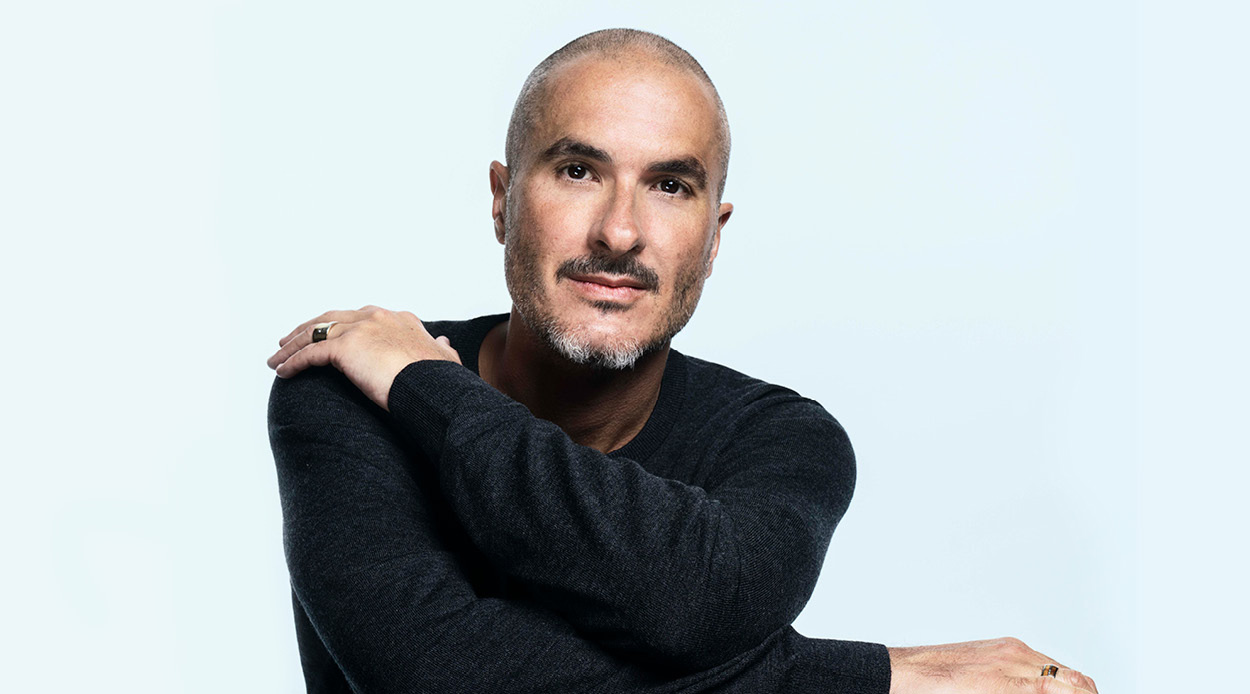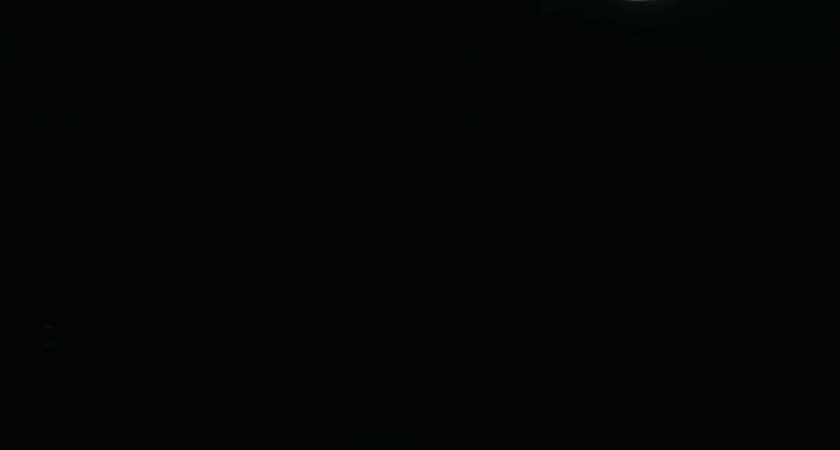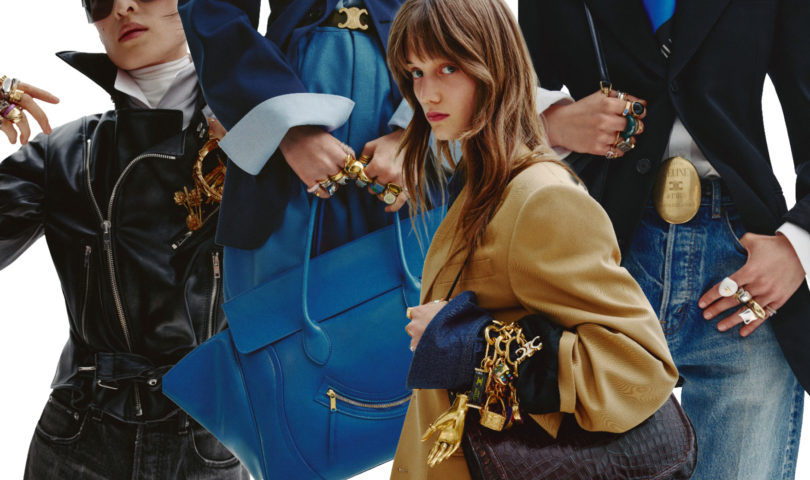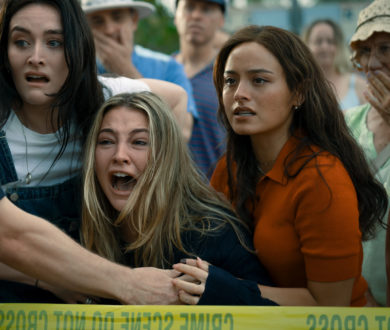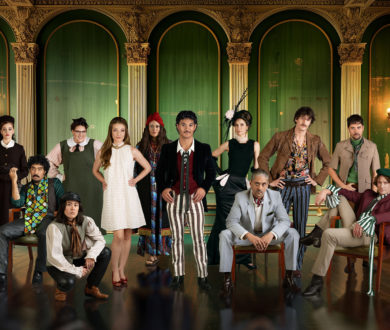Considering his father was a founder of the original Radio Hauraki in the 60s, Zane Lowe’s eventual ascent to becoming one of the leading and most trusted voices in international music feels a lot like destiny.
Passionate about the industry from a young age, the Kiwi producer/DJ/radio host has enjoyed a career that has seen him easily described as New Zealand’s most successful music export on the global stage.
From producing records and touring as a DJ in his own right, to his influential stint hosting the prestigious BBC Radio 1 (where he held the power to make or break the career of any up-and-coming artists simply by choosing to play their music), to now, having been shoulder-tapped as Apple Music’s Global Creative Director, Lowe has been placed firmly at the forefront of music’s new era — streaming.
Instrumental in setting up and now running Apple Music Radio (formerly known as Beats 1), Apple Music’s free-to-access, 24-hour radio station, Lowe’s new shows reach a massive global audience, but it’s his uniquely honest and relatable style of interviewing that attracts the who’s who of the music industry.
For them, a conversation with Zane is about way more than just the music and interviews with artists such as Justin Bieber, Lady Gaga and Kanye West often make headlines, with The New York Times last year calling him ‘Pop’s Unofficial Therapist.’
But while the accolades have certainly opened doors for Lowe, his curious and passionate approach has remained more or less the same since he picked up his first record. For him, it’s about being as close to the music as possible — and that will never change.
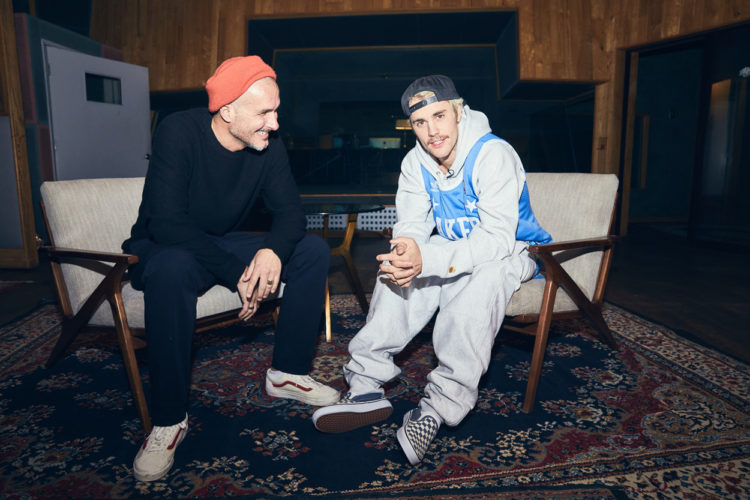
Music is one of the early entry points for imagination. I was fascinated by music from a really young age and being a parent now, watching how my kids have gravitated towards it too, it really sparks a lot of colour and movement in them.
I’ve been using music my whole life to help me translate things that are too hard for me to identify. In my formative years, when I started to develop my own thoughts and my own voice, I would spend a lot of time in my imagination, creating worlds in my head, and the thing that really moved me the most was music.
It really transported me to this other place. It wasn’t that I was trying to get away from my own reality but I was definitely searching for something more. Something that didn’t have any boundaries, that wasn’t necessarily what I could see outside my window. And music really took me there.
It was like a gateway to emotion and to things that I didn’t have the capacity to understand when I was younger. So that’s what began this deep relationship and I think it’s remained like that all the way through.
My grandfather played guitar, my grandmother loved music, my mum and dad loved music, my brother was instrumental in getting me into certain types of music because he had the record collection and he had the taste.
But I definitely think I took it to new levels personally. I was always asking, how can I get in the room where the people are making or playing music?
I was drawn more towards the experience and the process, not just the result, so that’s where, for me, it developed from an interest to a passion and from a passion to an ambition and from an ambition to a life’s work.
I was a fan first and foremost but I knew, way before I had the means or the maturity to do it myself, that music was what I wanted to do. I wanted to either be in a band or make records or produce records or talk about records. I suppose my dad’s big influence came from the radio side of it because that’s where I ended up eventually.
I started by producing records before travelling and getting myself into the best job I could find, making and presenting music TV, which led me to radio and eventually to the BBC. It was within that space that I realised I could draw on my passion for performance and being inside the process and translate that into the language of media.
I learned how to bring the energy that music gave me into the media space. So I would get on the air and throw myself into it and be passionate about it. And while my style might be divisive to some, all I needed was a few people to get it — and they did.
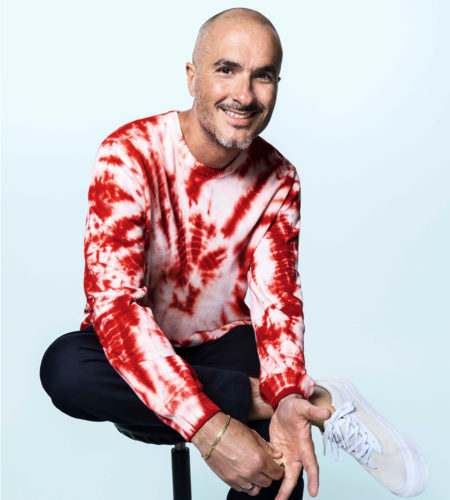
When you’re at BBC Radio 1 you never want it to end. It’s the dream gig if you’re a radio DJ or a broadcaster of any capacity, and I had an amazing 12-13 years there. But as that was coming to its natural conclusion, music was moving into this new, on-demand space where we no longer had to make appointments to listen to or view what we wanted, it was just there. And I was starting to see those behaviour changes occurring through my kids.
So that’s when I started looking at what could be next, and realised that subscription services and streaming were going to be the way to access the things that we loved. If I could find somewhere where they put it all in one place and I could become a part of that new experience, then that was going to be the ultimate. And sure enough, that’s what happened, thanks to a group of people at Apple who felt the same way.
Everyone I’ve ever worked with at Apple believes in the power of music, the importance of artists, the relationship between artists and fans and the privilege of being a conduit, a bridge between those two. That is the only conversation that matters and it’s something that Apple has placed at the core of what we do.
My role is to be immersed in that experience as deeply as I can be, and to be a guiding light for the artistic community to help bring them into the streaming experience, as well as evangelising our own streaming experience (which obviously, I think is the best) back to the industry.
Apple is the sum of all parts of my journey in a strange way because I’ve had to put everything I’ve learned and all my instincts to drive this new lane of communication through our radio shows and interviews.
But when it comes down to it, it’s answering the same questions I’ve always had — can I be as close to the process as possible? And when all is said and done, how many amazing experiences can I stack up along the way?
The fans are closer than they’ve ever been to the music. That door is open now and I don’t think it always was. You used to need permission to ask those deeper, more personal questions before, when conversations were more transactional. It was like, ‘if I’m going to talk to you, I have a job and you have a job and we’re here to sell records.’
But with artists using new tools like social media, direct-to-fan communication and direct distribution through streaming, that formal format has evaporated. Now, what we have is a very artist-forward future, which allows artists to hyper-focus on what they want to say and how — it’s all very bespoke.
If you’re an artist with a strong vision, you’re picking your future and you’re building it.
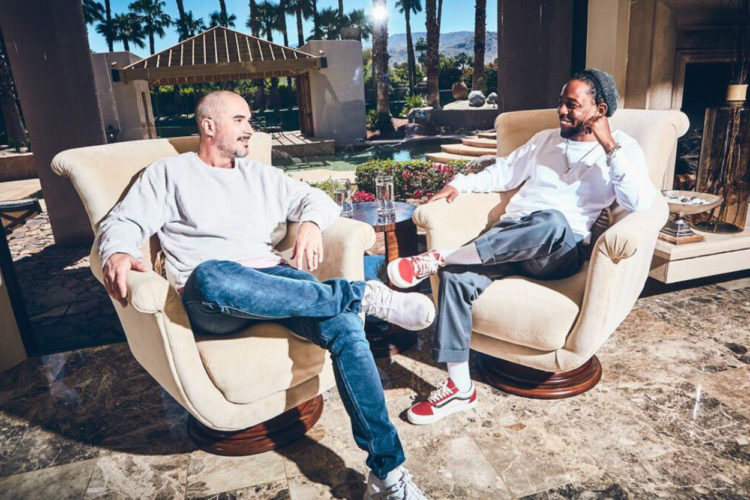
When I was growing up, I thought a record deal was the only way to get past go. And while they still count, they’re not the only way anymore. That translates into the conversation space too. I’m seeing so much more openness and an interest in diving into new areas of the experience.
I’ll have a conversation with someone that goes pretty deep and then I’ll look at the comments and there is so much personal expression in that space from fans saying ‘oh man, that made me feel some kind of way,’ so it’s sparking this new interest in communication and I love that. But that’s only happened in the last half a decade.
If you listen to my interviews before, really up until the time I interviewed Jay-Z, it was very much about ticking the commercial boxes.
I used to do a lot of talking, but I really only just learned to listen. That’s the simple answer to why I’m able to have such personal conversations with the artists I interview now. I still do a lot of talking, but I always used to be searching for ways to insert myself into the conversation, probably out of insecurity.
A few years ago, I sat down with this great performance coach who watched my stuff and said, ‘I know you’ve been doing this a long time but there are some fundamentals here that you’re ignoring,’ and one of them was my need to always fill the pauses. So I had to learn to wait and to not be afraid of letting someone collect their thoughts. And that was a major game-changer for me. It slowed everything down and made me realise that a conversation is not a game of table tennis.
If I was talking to a friend or a family member who was giving me insight, I wouldn’t cut them off, so why would I do it with my guests? So I started to actively force myself to sit in the moment without trying to fill the space.
Once I started listening, I learnt so much more, and could apply those learnings to the next interview and the next one, so the conversations started changing in real time. And as I was able to open myself up, artists seemed ready to do the same.
It can be challenging when great artists get to that era of ‘no.’ They don’t want to talk to anyone, they don’t have to talk to anyone and they’re just dedicated to their craft and to their fans. And for someone in the media space like me, where access is everything, I’m like ‘what do you mean ‘no’?’ But actually, that is a beautiful place for the artist, and if you’re able to let that process play out then eventually, when they come back to you and say, ‘let’s have a conversation,’ it’s THE conversation.
It’s the one you’ve been waiting for because they want to do it and they have so much more to talk about. It might not always be me that has it but it will always be me that watches it, listens to it or reads about it because I recognise that when an artist gets to the place where they’re living and working by design and not by demand, it’s incredible. And when I have those kinds of conversations, it reminds me why I do this.
Every time I’ve spoken with Jay-Z it was like listening to this incredibly intelligent, wise empathetic and confident human explaining things in a really beautiful way. I’m not sure if we’ll ever get a chance to chat on the record again but he’s one of my favourite people to talk to. Even when I see him off the record it’s just the same — he’s got this amazing, thoughtful way of communicating.
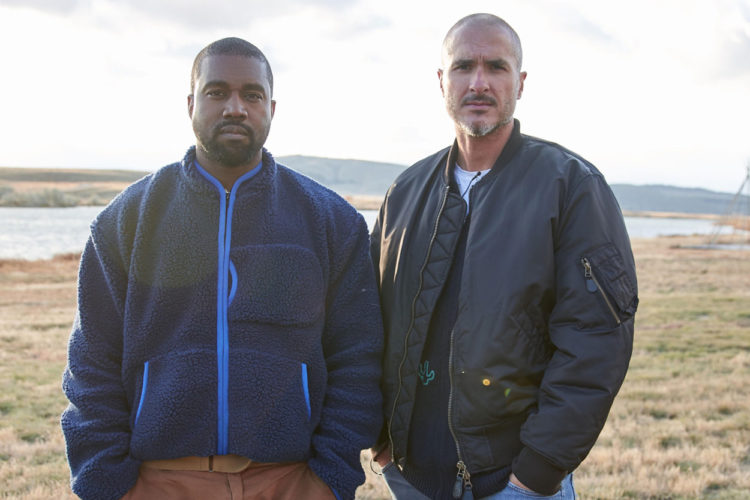
Sitting down with Kanye West was like being in a room with somebody who is just so in the moment, so hyper-present. A lot of times when you have conversations with people, there’s this dance and it’s all a bit architectural, like you know where they want to go.
And people often say that Kanye has it all mapped out and has this agenda, but that’s not the feeling I had. I just felt like I was going through each moment with him in real time, and it was one of the most spontaneous experiences I’ve had in an interview, which made it super fascinating.
The last conversation I had with Eminem was just about his cassette collection and it was one of my favourite conversations ever. Those ones are always a joy, the unexpected ones. I always get something brilliant out of them.
Last year felt like a very human year. We found this ability to open up the virtual experience and make it incredibly meaningful. At Apple Music 1, we stacked up over 100 ‘At Home With…’ shows and a lot of one-hour interview pieces and every day felt different, with such a variety of conversations.
It was probably the most fascinating year I’ve ever spent communicating with artists because it never felt transactional, it just felt very human. Of course it was also unbelievably challenging and disruptive and sad and frustrating but it also had moments that were really inspiring.
In and amongst all of the tragedy of the last 12 months, there was a lot of stillness for the artistic community, a lot of time spent not travelling or being distracted by the noise, because if you want to stay active as an artist it’s super hard work and it usually never ends. Getting observations from the artists inside that quiet place for the first time and in such succession was so enlightening.
There used to be so many barriers between artists and their audience. They needed a promoter who was going to book them, a label to put them out, someone to do their PR, a record store to sell their records. It was like a long lunch table where media, business and legal teams were sitting and artists would come up and say ‘hey can I sit next to you?’ and they’d be like, ‘well that depends.’
Now, the table is full of fans and artists and the media, business and legal teams are the ones coming up and saying, ‘hey can I sit next to you?’ and they’re saying ‘well that depends.’ That has been one of the best ways the industry has changed, in my opinion.
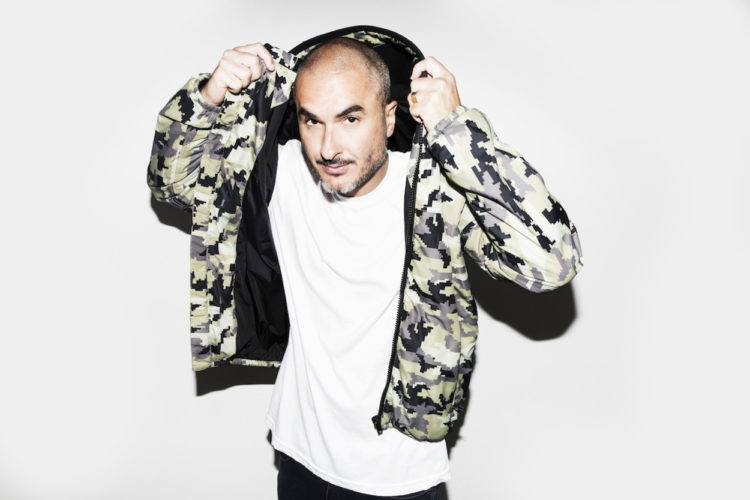
The way music is distributed now is incredible. Sometimes we get songs an hour before they’re available to everybody and for someone who came from radio and was used to having records for six weeks before they came out (at Radio 1 the audience relied on us to hear them before they went out and bought them) that’s just gone now.
I’m inspired by that because it really speaks to me as a fan. When I was in the middle of the Radio 1 era I felt like I held this responsibility as the gatekeeper of new music and while I loved every second of it, the whole system now is geared up to superserve the fans, which is the way it should have always been. The smartest people in the industry are the ones who recognise that.
Music has become such a hybrid culture. I grew up in a genre-fied space so people either loved heavy metal or indie music or hip hop or rock or whatever it was, and they would wear the Metallica or Britney Spears t-shirt and buy the poster and hang out with people who listened to the same things but it’s not like that anymore. Yes, there are still devout fans but most kids now are just listening to great.
The Apple transition was a sharp learning curve for me. When I first got to Apple I was asking things like ‘what do you want me to build? What is Beats 1? What is the format? What is the theme?’ And Jimmy [Jimmy Iovine, an Apple Music executive and one of the founders of Beats Electronics which was acquired by Apple Music in 2014] was like ‘it’s great. That’s the genre.’
So it was a couple of years of swimming in the deep end, trying to build a radio station with a few people and expanding that to 60-70 people across three countries and three studios and something that had to exist on 24-hour time in all time zones.
What we did with Beats 1 had really never been done before and the whole thing was so intense and the stress levels were high, but they should have been. We were building something new and trying to establish a radio station on a streaming service in a really competitive space. So it was about doing whatever we could do to make sure that it actually took off.
Five years later, Beats 1 became Apple Music 1 and we added Apple Music Country and Apple Music Hits.
I definitely have my issues with anxiety there’s no doubt about that. And it’s something I have to constantly monitor. It’s really important that I find a balance between how much I’m willing to throw myself into work versus how it affects me on the back end of the day, because when I’m in it I don’t think about it.
Also suffering from OCD throughout my life as a byproduct of all of that gives me this focus, but there have been times where I don’t read the signs and I come out of a period of work and feel knocked out.
Being a father is something that keeps me vigilant about overworking. My kids are 15 and nearly 13 now and I want to set an example in the way I manage my work and my lifestyle. Although I love my job, nothing is more important than my family. I love what I do but never at the sacrifice of them.
I’ve listened to more music being at a streaming service than ever before. At the BBC it was difficult because we were so focused on our playlists and I was doing a number of jobs and touring a lot, so my music time was split across different things.
When I came out to California and decided to focus entirely on Apple, not only were my kids developing their own taste in music and turning me onto things, but I was suddenly driving again, and it’s like, what else is there to do in LA traffic but listen to music? So it restarted the passion for me and I’ve been loving it outside of work in the strongest way.
I’ve been obsessed with making playlists and I recently started collecting vinyl again. When I pull out a record and hold it in my hands, it’s like an event. It’s this incredible commitment — Side A to Side B all the way.
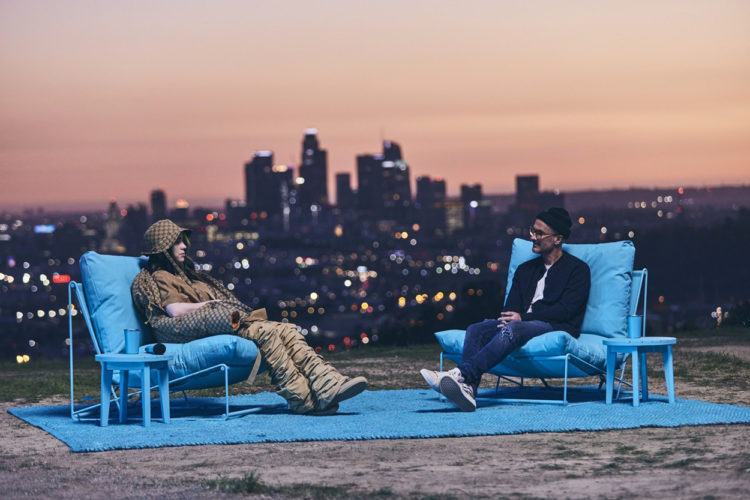
As I move forward in my career I’m becoming closer to music, not further away from it. I’m as excited now getting a record in the post or going record shopping as I was when I was a kid and I don’t know if that’s my midlife crisis or whatever but going record shopping for me is such a great way to spend time.
It’s all a byproduct of moving into this space. I use streaming in the way that it’s supposed to be used. I share a lot of music, I make a lot of playlists, I’m inside the process, I’m malleable with the music, I manipulate it and move it around. It’s tactile to me even though it’s in my phone.
The idea of success has changed throughout my life. At first it was about proving something about my ability (probably to myself). And then it became more competitive around whether my show was bringing in the numbers and hitting all the targets. But coming to Apple was freeing because I wasn’t brought on board to worry about any of that other stuff. I just had to make Beats 1 fantastic and that’s what we set out to achieve.
I had always craved that freedom to build my show however I wanted, and with Apple, it went from a show to a station, and it went from a country to the world. So when I think about what success is to me now, I just have to ask, am I still enthralled by the opportunity?
Am I still excited by the idea of sharing music and of discovering new artists? Do I still get a huge kick out of interviewing Elvis Costello or Barry Gibb or Cyndi Lauper? Hell yeah!
Do I love waking up on the 5th of January and having someone play me ‘Driver’s License’ and realising that a brand new superstar is here? Do I love sitting on a mountain in the most obscenely amazing environment having this great conversation with Billie Eilish? Absolutely.
Am I looking forward to talking to St. Vincent tomorrow? More than I ever have, and I’ve talked to her heaps. So as long as I’m still feeling that excitement and enthusiasm, that is success to me.
I’m not hung up on the competitive side of it anymore. I’m still hungry but it’s not the driving force. I just want this experience to have a really great arc. I don’t want to burn myself out to the point where I feel that I should have stopped years ago or I should have done something else.
I want my life to have a great cadence where it’s like, wow I learnt a lot, my family is healthy and I’ve had all of these amazing experiences and lessons — the ups and the downs, the challenges and the triumphs, a full life lived.
There are no scenes in music anymore, it’s all thriving! Dance music is going to be massive again. And meditation music is about to go through the roof too. Everyone will want to either stay calm or dance, that’s what it’s going to be like.
Expect more festival shit, rock music, a lot of amplification and guitars coming back, and rap music will be stronger, bigger and bolder than ever, there are some unbelievable voices coming through in that space.
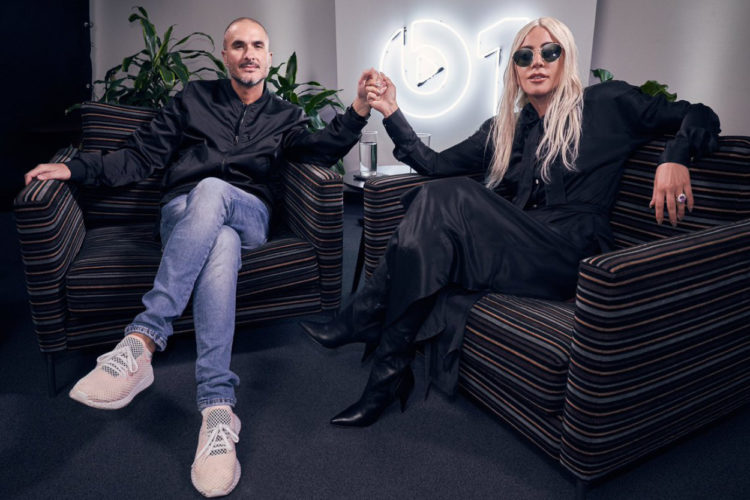
My advice to young artists is listen to your instincts and do your due diligence. Trust your gut, if you believe what you’re making is great, it is. If you’re not sure why people aren’t connecting to it, do the work. It’s not about the quality of the music if your instincts are telling you that this is the most honest reflection of who you are as an artist, you have to work to find your audience.
Music should come naturally but the audience takes work. So go and find your people. The good news is that you have every tool at your disposal now.
You have your own social media handle, your own distribution model, the ability to create your own artwork, do your own videos and create your own music with a fraction of the money it took to do those things 10 years ago. All that stuff is laid out.
So the only question you have to ask yourself is whether this is what you really want? And if you want a life in service to your art and your music, then wow, what a time to be alive.
Because it’s all right there. And by the way, I’m still here and I can’t wait to hear your music. I can’t wait to play your song on the radio, or talk to you about your music. So the opportunities are bountiful, but the principles are the same. Believe in yourself and do the work.

